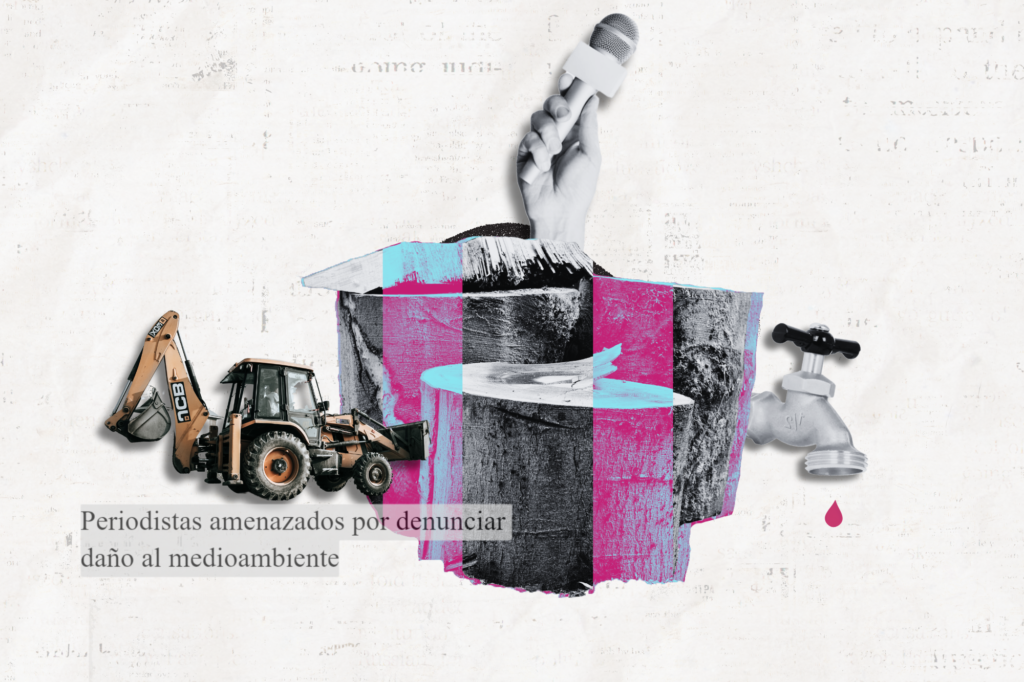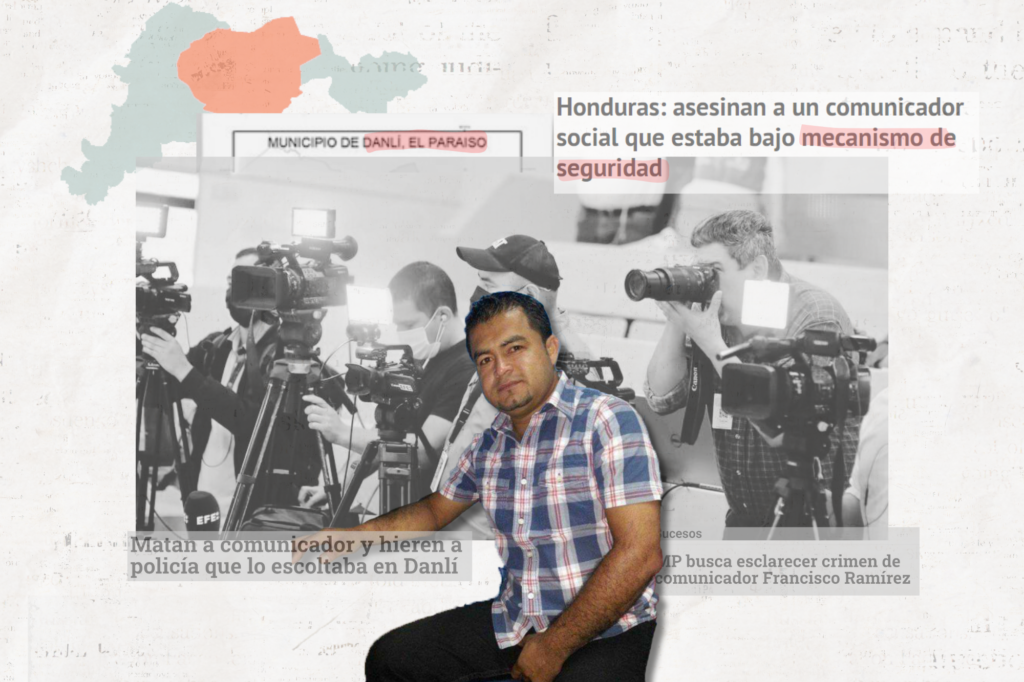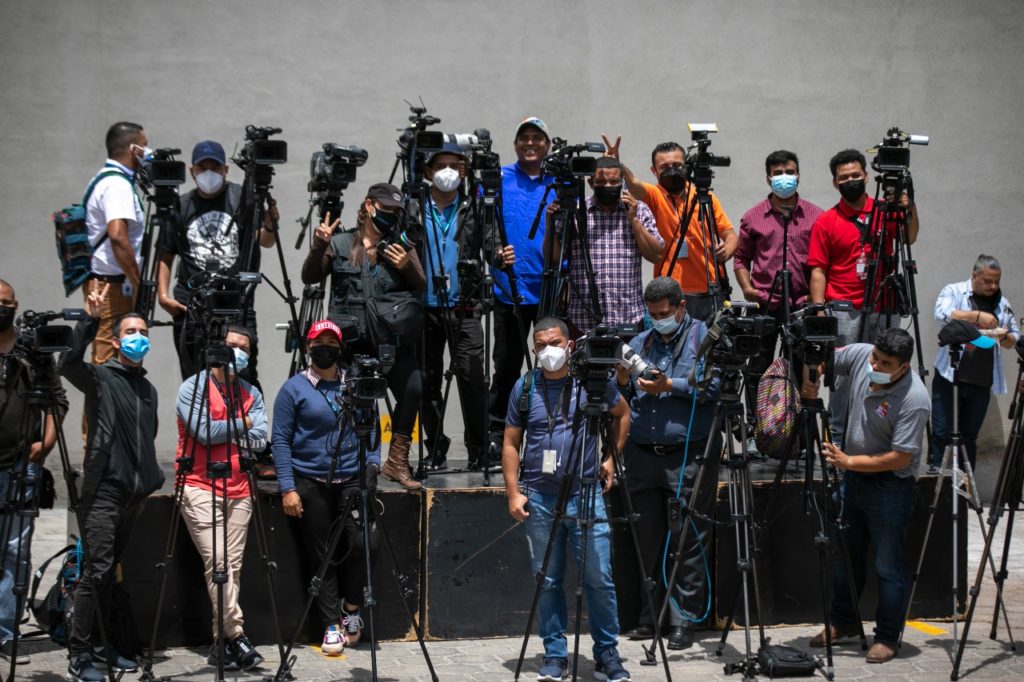
In Honduras, journalists and communicators are often at risk of being persecuted or murdered. Many of them, especially those reporting locally from neglected communities, risk their lives exposing corruption and violence, even though it’s their duty.
According to the report Situation of human rights in Honduras by the United Nations High Commissioner for Human Rights, in 2023 alone, 145 journalists were attacked and two were killed. Data from the Freedom of Speech Commission (Comité por la Libre Expresión – C-Libre) indicate that these attacks are more frequent in the departments of Francisco Morazán, Atlántida, Colón, Cortés, and Choluteca. Furthermore, Reporters Without Borders (RSF) ranks Honduras as the second most dangerous country for journalists in the Americas after Cuba.


In Honduras, journalists and communicators are often at risk of being persecuted or murdered. Many of them, especially those reporting locally from neglected communities, risk their lives exposing corruption and violence, even though it’s their duty.
According to the report Situation of human rights in Honduras by the United Nations High Commissioner for Human Rights, in 2023 alone, 145 journalists were attacked and two were killed. Data from the Freedom of Speech Commission (Comité por la Libre Expresión – C-Libre) indicate that these attacks are more frequent in the departments of Francisco Morazán, Atlántida, Colón, Cortés, and Choluteca. Furthermore, Reporters Without Borders (RSF) ranks Honduras as the second most dangerous country for journalists in the Americas after Cuba.
A report issued by Honduras’ National Human Rights Commission (CONADEH) revealed that about 90 percent of murders against journalists from 2001 onward remain unpunished. Most cases haven’t been investigated, and motives for the crimes have not been determined.
In this context, human rights defenders have denounced that protection mechanisms for defenders and journalists—which are overseen by the Secretariat of Human Rights—are ineffective and unable to guarantee their safety. Testimonies indicate that the few measures from the protection mechanism isolate journalists at risk, further jeopardizing their safety. On many occasions, after journalists leave their communities, as recommended by the National Protection System, if they are not provided with adequate support, they return home and are murdered.
Complaints also point to officials from the Castro administration who benefit from a large percentage of the budget allocated to the protection of human rights defenders and journalists. The lack of transparency in the management of public funds contributes to the population’s mistrust in institutions, discouraging threatened individuals from resorting to the mechanism.
The weakening of democracy and institutions renders journalists and communicators vulnerable to organized crime, corruption, and the precariousness inherent to their work in one of the most unequal countries in the Americas.
EXPLORE MORE LIKE THIS

Credit
This is a special investigation by Contracorriente
Creative idea and story editing
Fernando Silva, Vienna Herrera and Jennifer Ávila
Investigation
Celeste Maradiaga and Allan Bu
Photography
Jorge Cabrera and Fernando Destephen
Cover design
Persy Cabrera
Web
Rafael Romero





